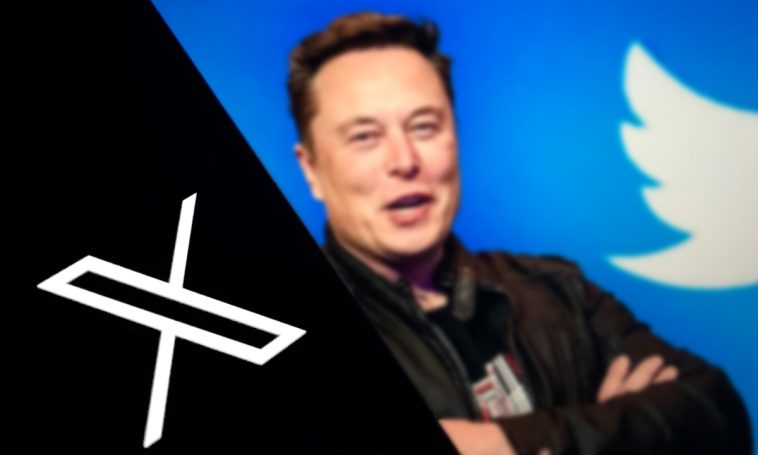The Judiciary Committee of the House is presently looking into the possible contravention of antitrust regulations by significant advertisers, who may have conspired over which media agencies to exclude. Confidential documents obtained from the World Federation of Advertisers lend insight into a plan devised to ipso facto dissuade prominent advertisers from collaborating with certain news organizations. This concerted action may potentially lead to financial ruin for those media entities unable to secure the desired endorsement.
The documents, as per the letters, suggest that the consortium may have sought to exclude established conservative news outlets. This includes, as per the documents, key players in the digital news frontier such as Fox News, Daily Wire, and Breitbart. Further probing into the matter has led the committee to seek answers from large corporations that make up GARM’s ‘steering committee’, including Unilever, Procter & Gamble, GroupM, Diageo, and Mars. These particular documents ostensibly connect these corporations with such endeavors.
These organizations have yet to publicly release any documents relevant to the active investigation. In addition, the letters have called for any communication originating from these corporations associated with the categorization, demonetization, or censuring of online speech.
Furthermore, these inquiries also extend to communications concerning alterations subsequent to Elon Musk’s X acquisition, a period marked by an exodus of many advertisers in reaction to the ousting of the more liberal-leaning Jack Dorsey in favor of Elon Musk.
The investigation raises the possibility of individual accountability for these companies in relation to the actions of the collective body formulated. The group, known as GARM, appears to display cartelistic tendencies, despite the ostensibly rival status of many of its constituents.
Announcing its objective of producing ‘a safe media ecosystem’, the Global Alliance through the World Economic Forum mirrors a mission statement you might expect from a figure akin to Darth Vader. The Global Alliance or GARM, as it is popularly known, is committed to ensuring consumer safety, minimalizing advertiser risks, building digital platform credibility, and above all, cultivating a sustainable online ecosystem.
Major players who have pledged their support for the Global Alliance for Responsible Media through the Forum’s Platform for Shaping the Future of Media, Entertainment and Sport include some of the biggest names in the business world such as the LEGO Group, Procter & Gamble, Unilever, NBC Universal – MSNBC, Dentsu Group, WPP (through GroupM), Interpublic Group, Publicis Groupe, Omnicom Group, Facebook, and Google.
In an escalating response to ‘misinformation’, GARM resolved in 2022 to list it among the online content classifications it deems unethical to support with advertising. Precisely, it advised corporations to consider the likes of NewsGuard, the Global Disinformation Index, and the Journalism Trust Initiative when deciding which media outlets to collaborate with. These organizations are believed to serve as arbiters of safe and reputable spaces for both ad buyers and news consumers.
GARM assures its members of ‘Brand Safety’. Concrete embodiments of this concept have been shown through commercial agencies like Newsguard. Here, potential ad buyers are provided with compliant lists distinguishing which TV shows, channels, podcasts, or newspapers are either safe for advertising or best evaded. This method is presented as a safety measure to guard their reputation against potential boycotts or negative campaigns.
The crux of this approach is to protect corporations from facing backlash or smear campaigns from left-leaning factions. This essentially advises corporations to steer clear of certain media outlets if they wish to avoid any potential controversy. In its 2022 progress report, GARM reveled in qualities that, when viewed from a different perspective, could highlight anticompetitive practices.
GARM’s inception hinged on an exceptional alliance, marked by a novel approach to collaboration. This relies on the understanding that all sectors of the advertising industry stand to gain from forming partnerships. This partnership goes on to generate new brand safety protocols and universally accepted industry solutions where there had previously been none.
The complex task of authentically influencing the entire media environment was a towering one, GARM acknowledged. Nevertheless, GARM boasts a comprehensive network of 61 significant companies that collectively account for a significant global advertising share, as well as 35 distinct industry affiliations representing numerous other advertisers.
As companies looking to advertise are more likely to defer to such ‘experts’ given judgment on credibility, it potentially paves the way for extensive, coordinated blacklists. Evidently, even the most balanced and staid news outlets can be labeled as risky if they gear towards a conservative audience, such as the New York Post and Reason Magazine.
Interestingly, these media raters often assign credibility scores on the basis of how closely the outlets align with the government’s official narrative. They penalize outlets who dare to question official stances on topics like the origins of COVID — a theory initially discredited by the government but now largely backed by it.
Newsguard has even been known to collaborate directly with the U.S. government, a move that sparked legal action by The Daily Wire and the Federalist. They filed a lawsuit against the State Department that condemns what they call ‘one of the most egregious, manipulative, clandestine, and severe abuses of power and breaches of First Amendment rights by the federal government in American history.’
The ongoing Judiciary Committee investigation presents an intriguing landscape demonstrating the evolving dynamics between digital advertisers and online news organizations, where the struggle for credibility, advertising revenue, and ideological influence continues to shape the present and future of the media industry.



